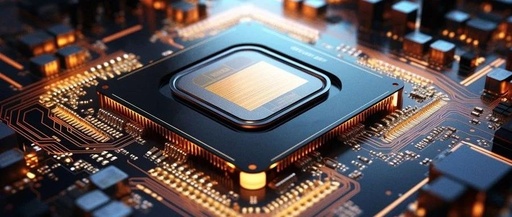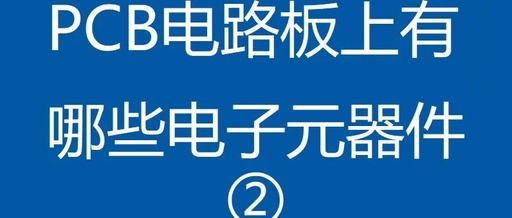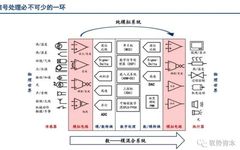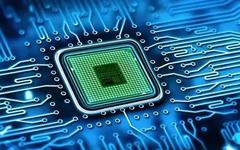Intensive Announcements of Acquisitions by Domestic Semiconductor Companies; Wuhan Offers Up to 6 Million Yuan Subsidy for Advanced Processes Below 14nm; Some Memory Chip Prices Rise Over 50%
March Semiconductor Major Events Monthly IC Events Summary Hot Trends Government Work Report: New Achievements in Integrated Circuits, Artificial Intelligence, Quantum Technology, and Other Fields in 2024 On the morning of March 5, the third session of the 14th National People’s Congress opened. The government work report pointed out that in 2024, the pace of … Read more









